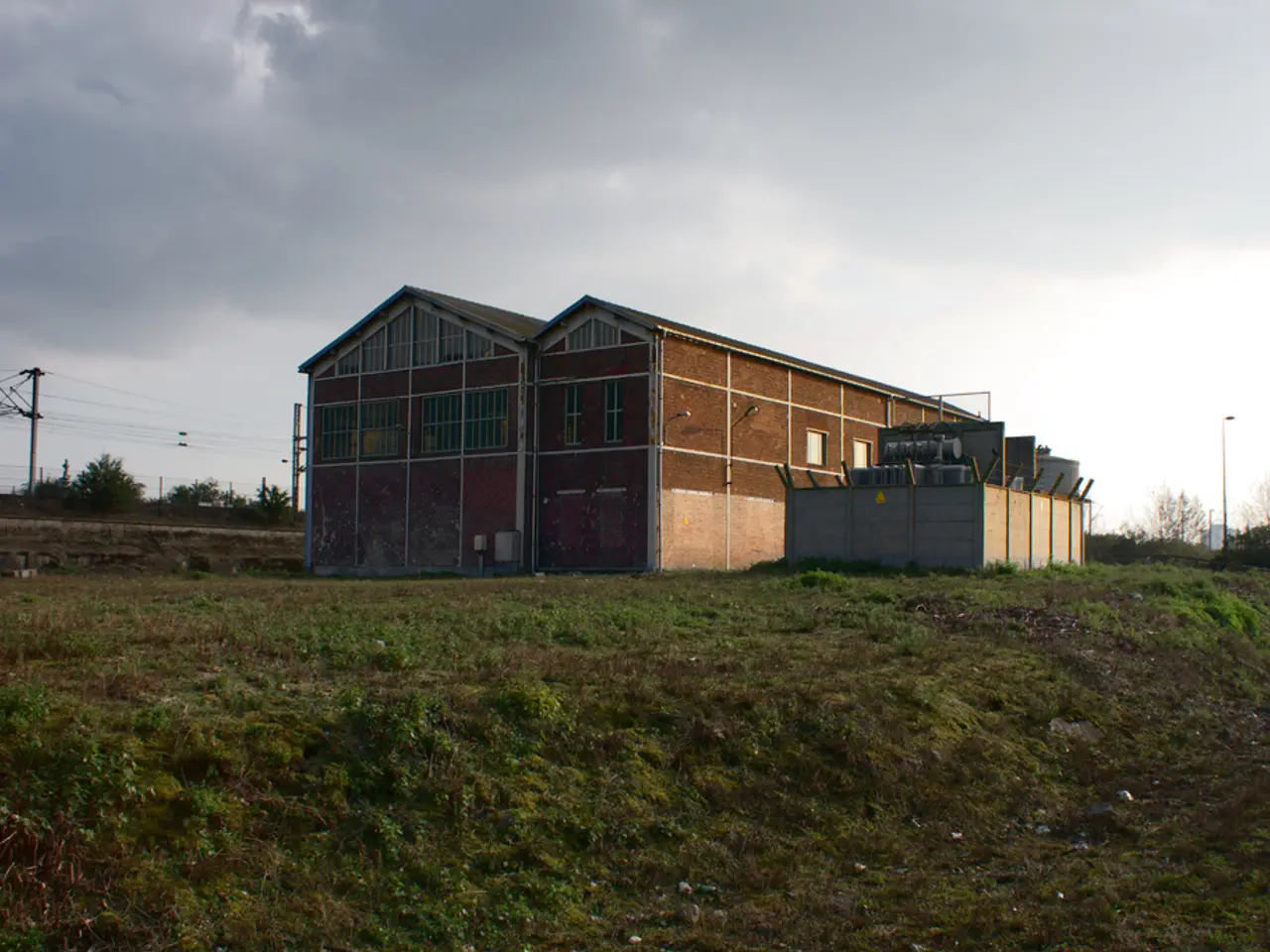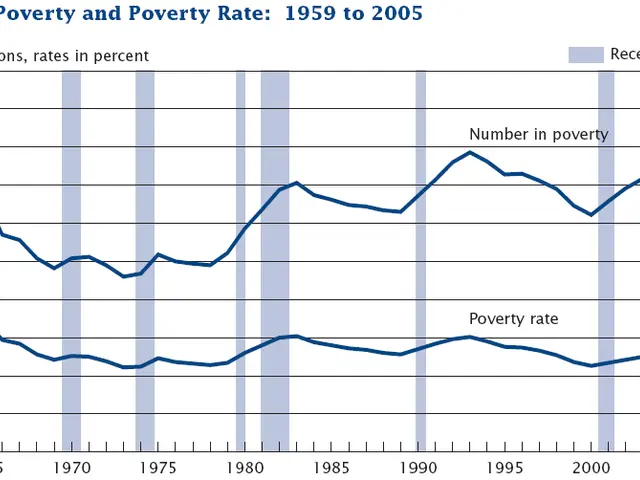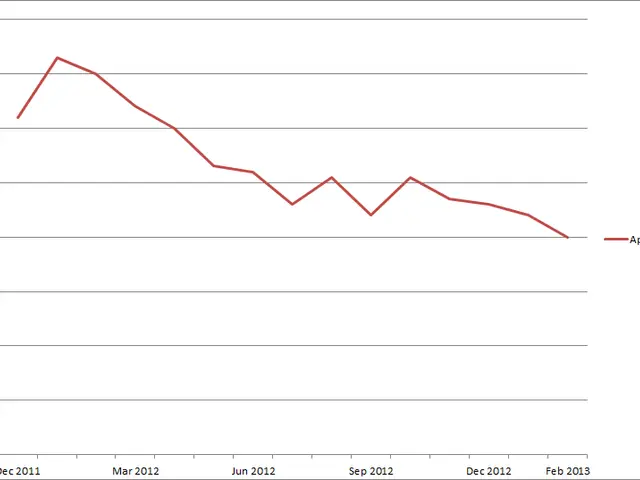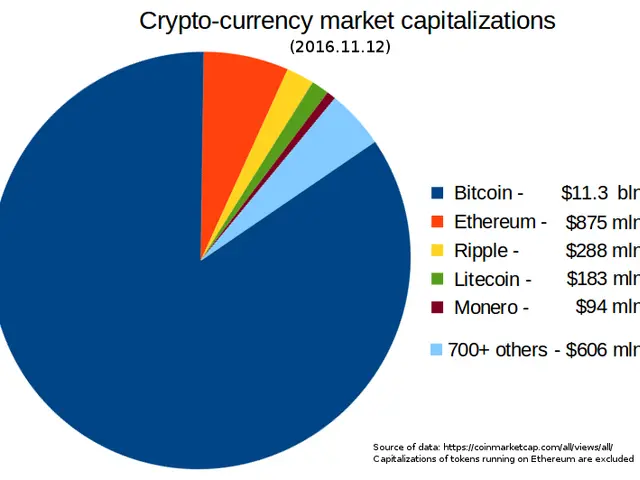Germany's CO₂ Levy Hike to Boost Central Heating Costs: Tenants and Landlords Must Act
Tenants and landlords in Germany face changes in their central heating costs due to an upcoming increase in the CO₂ levy. From 2026, gas prices are set to rise significantly, prompting consumers to review their contracts and consider switching providers.
Landlords are responsible for covering their share of the CO₂ levy in the annual heating bill for central heating systems. Tenants with their own gas heaters should calculate their share of the CO₂ costs using the free, interactive CO₂ Cost Calculator provided by the Consumer Advice Centres. This tool helps tenants determine their costs based on consumption data and enables them to claim reimbursement from their landlords.
With the CO₂ levy expected to rise to between €55 and €65 per tonne of CO₂ from 2026, consumers are advised to check their current gas contract's cancellation period and consider switching to secure a better deal. The Consumer Advice Centre of Lower Saxony offers an online guide to help consumers navigate the process of finding cheaper gas tariffs and avoid potential pitfalls. Reviewing gas contracts before the heating season can lead to noticeable savings.
As the CO₂ levy increases, tenants and landlords must be proactive in managing their heating costs. Tenants should calculate their CO₂ costs and seek reimbursement where necessary, while all consumers should review their gas contracts and consider switching providers to secure the best deal. The Consumer Advice Centres provide valuable tools and guidance to help consumers navigate these changes.
Read also:
- India's Agriculture Minister Reviews Sector Progress Amid Heavy Rains, Crop Areas Up
- Sleep Maxxing Trends and Tips: New Zealanders Seek Better Rest
- Over 1.7M in Baden-Württemberg at Poverty Risk, Emmendingen's Housing Crisis Urgent
- Life Expectancy Soars, But Youth Suicide and Substance Abuse Pose Concern






